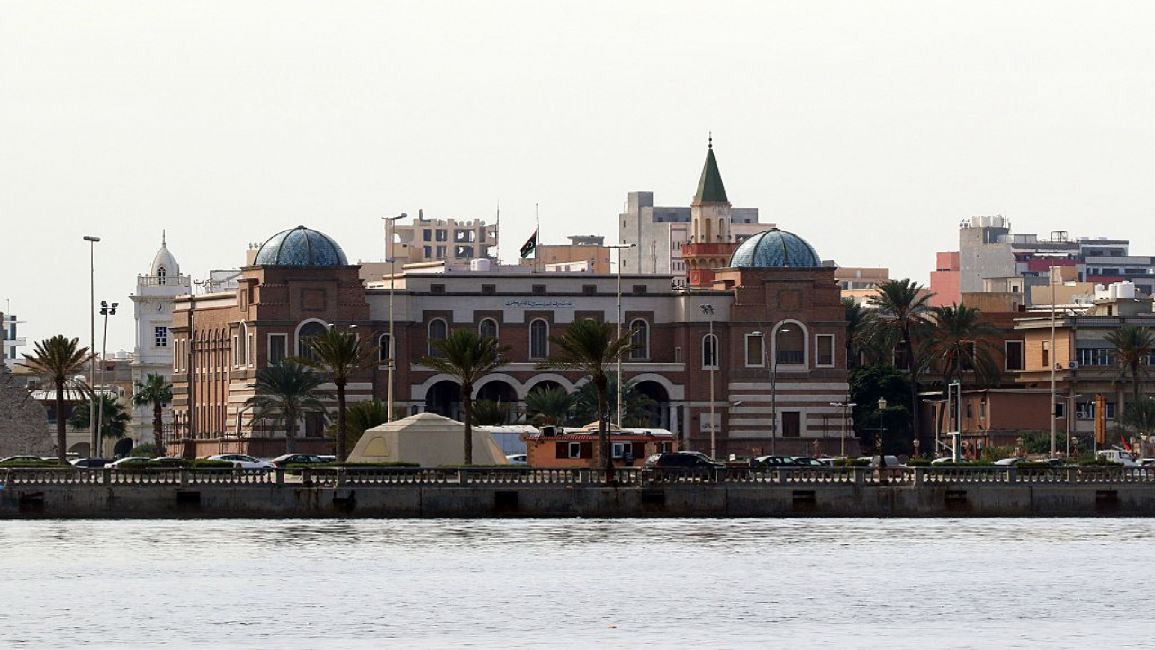Libyan central bank reunification process begins this month, says governor
Libya's two parallel central bank branches will formally begin the process of reunification this month, although progress will depend on the outcome of upcoming presidential elections, Tripoli's central bank governor said.
The Central Bank of Libya Governor Sadiq al-Kabir said on a recent trip to London that despite the uncertainty he hoped reunification, or at least the "first phase" of it, would happen by July.
The Libyan central bank has been divided between western and eastern branches since 2014 after a parallel administration emerged in the east when the country split.
Economic divisions have added to the oil exporting country's chaos and led to differing exchange rates, liquidity shortages and ballooning public debts that further hurt Libya's battered economy.
The governor of the Tripoli-based central bank and his deputy based in the east met in the Tunisian capital last week to agree a detailed plan for reunification.
Governor Kabir said the next step was for the terms of reference, which are being drawn up by consultancy Deloitte, to be sent round within 10 days for signing, launching the formal reunification process.
"It's a very positive step that will help the country going forward," he said. "It's not an easy process, its very complex. It of course depends on the politician situation, and that going very smoothly."
Elections scheduled for December 24 hang in the balance. Libya's election commission said on Saturday it would not publish a list of candidates until after it settles some legal issues, leaving almost no time to hold the vote as planned.
Officials from the United States, Britain and Germany - which has particular expertise after its own 1990 reunification - have offered to help with reunifying the central banks, although the governor declined to say how.
Hopes for reunification have been growing since the CBL in December 2020 held a full meeting of its governors for the first time in years to agree a new unified exchange rate.
Deloitte, hired as part of a U.N.-backed peace push, completed a financial review in July of the branches and published a reunification roadmap.
Kabir acknowledged there were problems with clearing in the east but said they were much reduced. The Tripoli-based branch cut eastern banks off from most clearing operations in 2014.
Asked what his message was for Western investors, Kabir said Libya was "very homogeneous and easy to fix" relative to a country like Syria. "The potential is there for the private sector. We have so many resources unused," he added.
(Reuters)


![President Pezeshkian has denounced Israel's attacks on Lebanon [Getty]](/sites/default/files/styles/image_684x385/public/2173482924.jpeg?h=a5f2f23a&itok=q3evVtko)



 Follow the Middle East's top stories in English at The New Arab on Google News
Follow the Middle East's top stories in English at The New Arab on Google News


